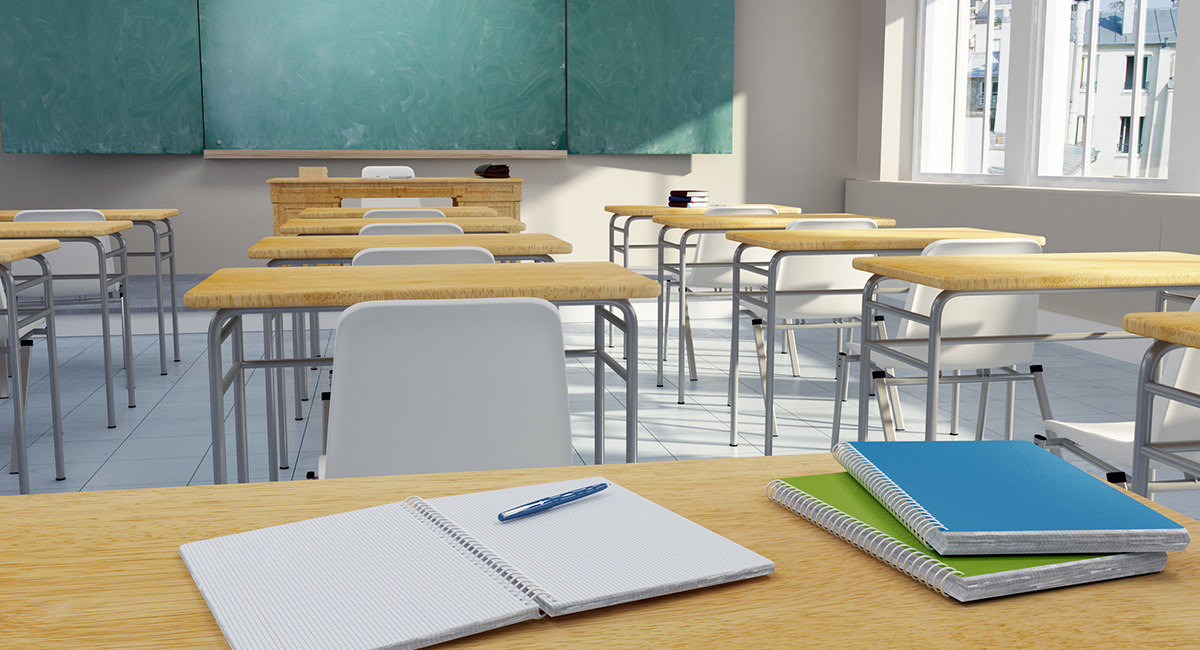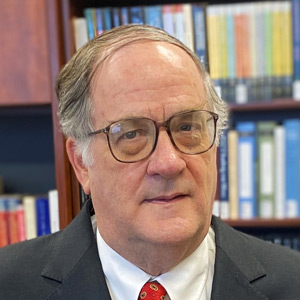Back in 2003, I went to Iraq to reopen the schools. Reopening schools in Iraq then and reopening schools in America now have quite a bit in common. American educators worry about COVID-19 when they meet each other or hold classes. In Iraq, any gathering of officials or teachers was a possible target for an Islamist attack. Reopeners in Iraq and America share a common goal: creating conditions for normal schoolwork by children and teachers. But obstacles stand in the way.
Special interests always want to protect the status quo. I worked for the civilian occupying authority in Iraq. We offered to put substantially more money into teachers’ salaries if teachers would accept merit pay and a career ladder with more steps. The teachers’ union balked—quite possibly because it believed an undifferentiated teaching force would be easier for the union to control.
A parallel example of protecting the status quo in America can be found in virtual learning. Established virtual charter schools have decades of experience in this country. Yet teachers’ unions and local school districts are an establishment that has blocked virtual charters in, for example, North Carolina, Oregon and Pennsylvania, from adding pupils during the COVID-19 crisis. The education establishment has also tried to block the creation of new virtual charter schools. The established interests are protecting themselves from losing pupils to alternative providers who specialize in education online.
Some people will always want to take unfair advantage of any situation. Sometimes they’re outsiders. When American or international agencies wanted to impose progressive education (learn-through-play) in Iraqi schools, we reminded those agencies that Iraqis had to decide what they wanted taught and how. International agencies similarly wanted to expand the number of years that children had to go to school, this also was a decision for Iraqis to make.
Some Iraqis also sought to take advantage. Iraq needed new textbooks. The old ones from the Saddam Hussein era, which were full of propaganda, had to be tossed, even those for physics and foreign languages, but especially the history and civics books. A Saddam-era history book proclaimed that the 1980-88 Iran-Iraq war showed that Persians were war-loving “snakes,” who were eternal foes of the Arab people. After Iraqi school teachers took portraits of Saddam, as well as his quotations and propaganda, from the textbooks, new ones had to be printed.
Normally, textbooks would be printed in neighboring Jordan, but Iraqi printers saw opportunity in crisis. They campaigned against printing in other countries. They formed a cartel, divided up the work, and sought to extort vast sums from the United States and the United Nations to do it. Their rhetoric about helping Iraq’s economic recovery dishonestly hid their pursuit of their own interests.
Something similar has happened in America. Teachers’ unions have demanded fewer hours of work, a charter-school moratorium and a federal bailout of urban school districts. They have tried to prevent private schools from reopening. They are using the rhetoric of public health and school safety to serve their own interests.
There are some salient differences between Iraq in 2003 and the United States today. Iraqi parents embraced standardized testing and were quite concerned that unrest and guerrilla attacks might interfere with the nationwide testing program. In contrast, American teachers’ unions and school districts have demanded suspension of accountability testing so that no one knows the success or failure of the online education provided by regular public schools during the crisis.
Iraqi students (supported by their parents) whom I observed were universally eager to return to the classroom despite the hazards. American teachers and parents are divided. Some support reopening; some don’t. The science is clear that children don’t get serious cases and are not superspreaders of COVID-19. The Centers for Disease Control and Prevention (CDC) has noted that elsewhere, teachers and children have not been shown to contribute to outbreaks or secondary transmissions.
Yet many teachers, parents and administrators are reluctant to have in-person teaching resume. In Florida, teachers’ unions have sued to block reopening. An objective observer might say that the Iraqis were more courageous.
There are lessons to be learned from schooling in Iraq and the United States. Established interests will try to protect the status quo, and people will try to take dishonest advantage. These need to be guarded against. In a challenging situation, it takes courage to prevail.








